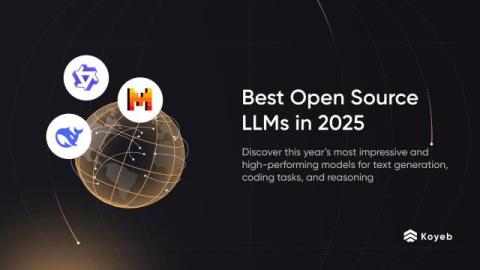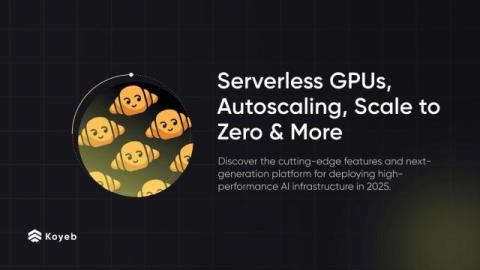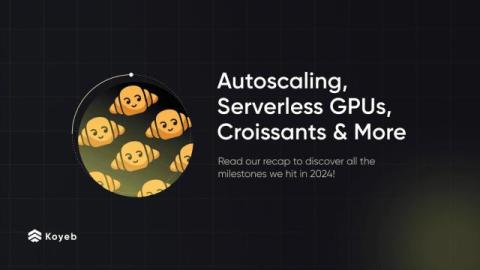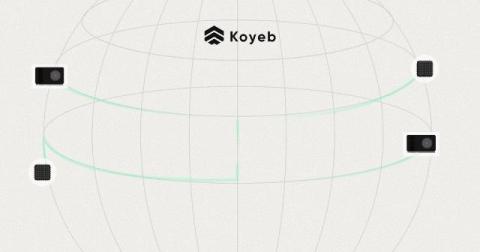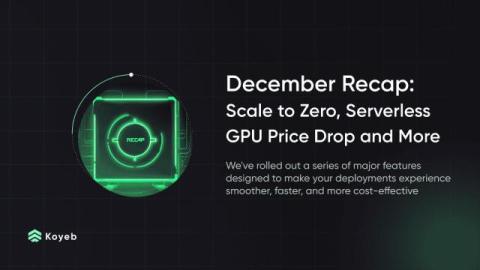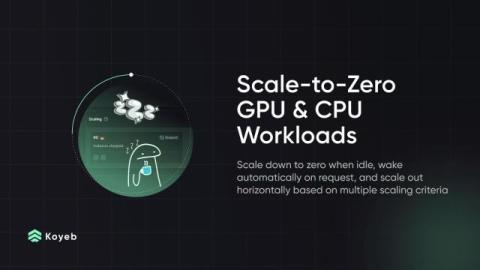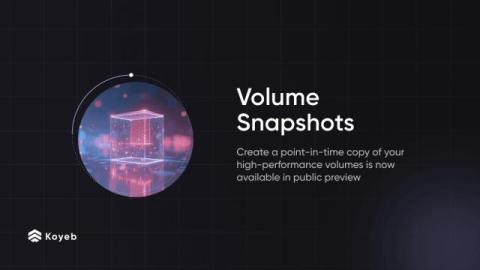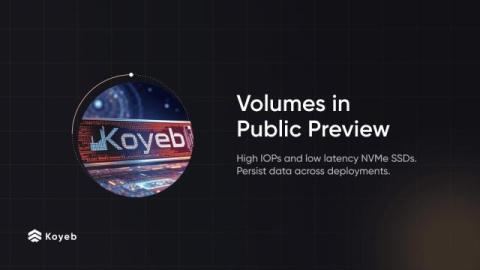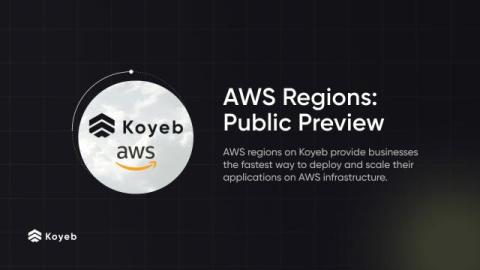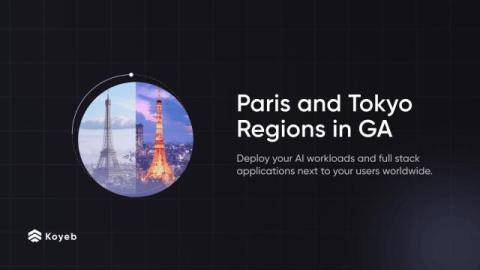Best Open Source LLMs in 2025
Open source LLMs continue to compete with proprietary models on performance benchmarks for natural language tasks like text generation, code completion, and reasoning. Despite having fewer resources than closed models, these open LLMs offer cutting-edge AI without the high costs and restrictions of proprietary models. However, running these open-source models in production and at scale remains a challenge.


